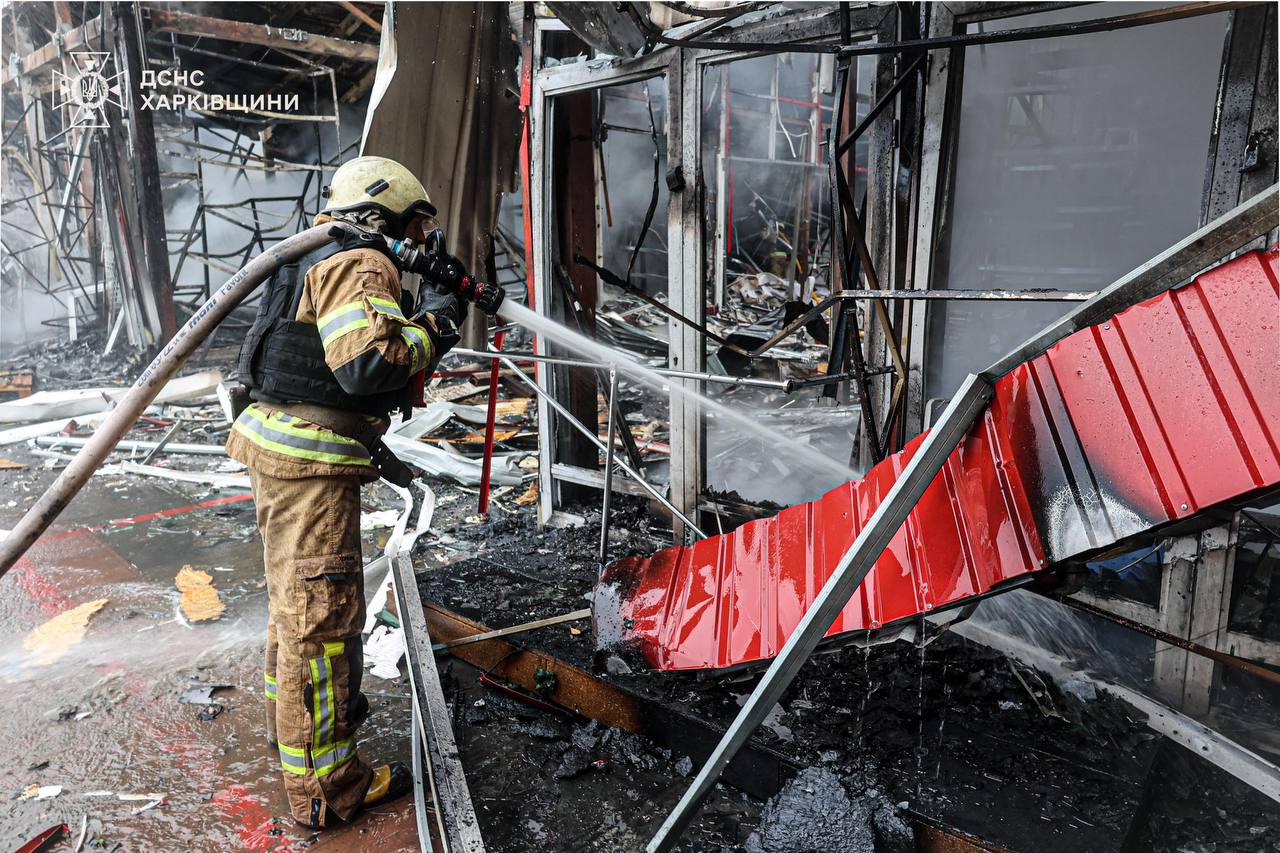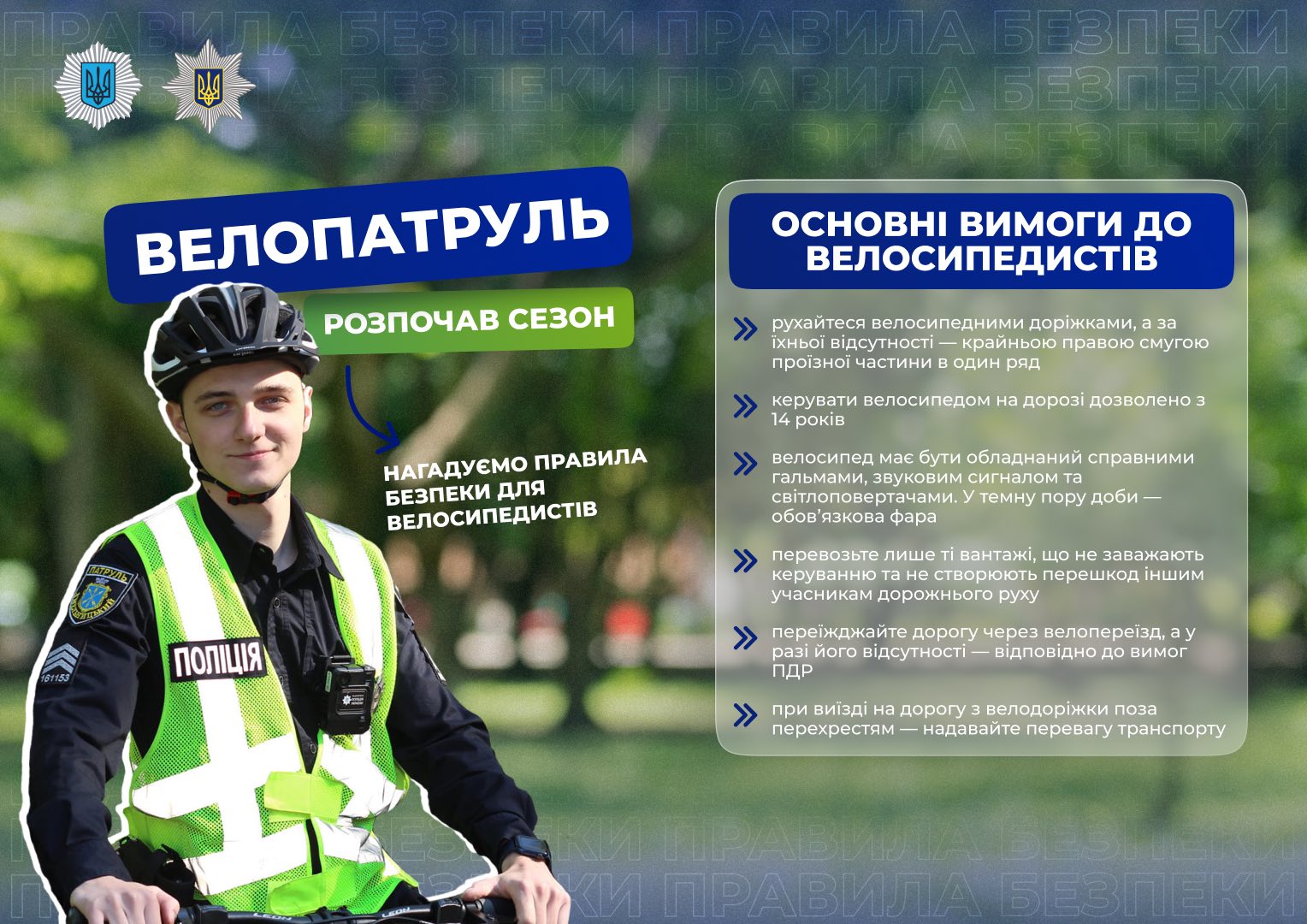37th anniversary of the Chernobyl tragedy: the stories of the accident liquidators

On April 26, 1986, there was an accident at the Chernobyl nuclear power plant in Ukraine. The tragedy had profound effects that still affect people's lives.

Among the first to help the residents were the militiamen who evacuated citizens and ensured the protection of public order. In total, more than 800 metropolitan law enforcement officers took part in the elimination of the consequences of the Chernobyl nuclear power plant.
Among these heroes are veterans of the capital's internal affairs bodies Volodymyr Savchenko and Ivan Khotyn.
“In the first hours of the disaster, the entire personnel of the Kiev militia was gathered in alarm. Further, after conducting briefings, the first law enforcement officers went to the Chernobyl disaster zone. At that time, I was a company commander of the 1st Regiment of the patrol post service and, together with my colleagues, went to Chernobyl to ensure the evacuation of the population. We walked around the houses and urged citizens to gather the necessary things and leave the city. For this purpose, buses were allocated that took citizens to safe places. Unfortunately, most people did not understand the scale of the disaster and we literally had to persuade them to evacuate from the Chernobyl disaster zone,” Volodymyr Savchenko recalls the events of those days.
In general, law enforcement officers from all over the country have been traveling to the Chernobyl zone for several years to ensure the protection of law and order, so that citizens do not fall into the zone of radioactive radiation.
“Each of us was aware of the danger to health and life of being in the radioactive zone, however, there was not a single case of anyone refusing to perform professional duties. In total, 810 policemen of Kiev are liquidators of the consequences of the Chernobyl accident, 528 of them received disability of various categories due to radiation damage. Currently, 14 liquidators of the Chernobyl disaster continue to work in the capital police,” said retired police colonel Ivan Khotyn.

The liquidator of the consequences of the accident at the Chernobyl nuclear power plant, retired police colonel Alexei Lovchykov recalls that he received the order to immediately go to the disaster zone during a business trip to Melitopol. At the disposal of him — the commander of the DPS platoon of the traffic police of the UVS of the region — 25 employees of the state highway inspection from Polog, Vasilyovka, Melitopol, Berdyansk and Zaporizhzhia. The time for the meeting is only two hours.

“Did we understand the danger?” Could they refuse? — No. Orders were not discussed. Everyone understood that this is a responsible task that should be completed,” says Oleksiy Lovchykov.

Law enforcement officers lived in a 100-kilometer zone from the Chernobyl nuclear power plant on the territory of the sanatorium together with builders and medical workers, but they had to work both in a 30-kilometer zone from Chernobyl and on the territory of the station itself. Of the protective equipment, the militiamen wore only gauze masks and cotton overalls, which were changed every three days.

According to the current regulations, work in the exclusion zone should not exceed four hours a day. Because the commander of the combined detachment Alexei Lovchikov strictly monitored the order of trips of the subordinate warehouse. But he admits that he tried to put unmarried employees who did not yet have children away from the Chernobyl nuclear power plant.
I had to be everywhere myself. For these cases, he had a pass with unlimited access. In the fall of 1986, he visited the sarcophagus 15 times.

The colonel of the militia shares his impressions from the first trip to Pripyat:
“It seemed to me that this was a ghost town that all its inhabitants had left. There is silence around and the door is open. Terrible... People were leaving so hastily that they took almost nothing but documents.”

The liquidator of the accident at the Chernobyl nuclear power plant Viktor Danilyuk says that he spent two hellish months in the exclusion zone: June and July 1986. Together with his colleagues, he evacuated local residents, protected public order, fought looting and performed other dangerous tasks:

“Many of my colleagues volunteered to go to Chernobyl and this is not surprising. This is our national peculiarity: when disaster comes, we unite, work and overcome the trouble.”

National Police of Ukraine






